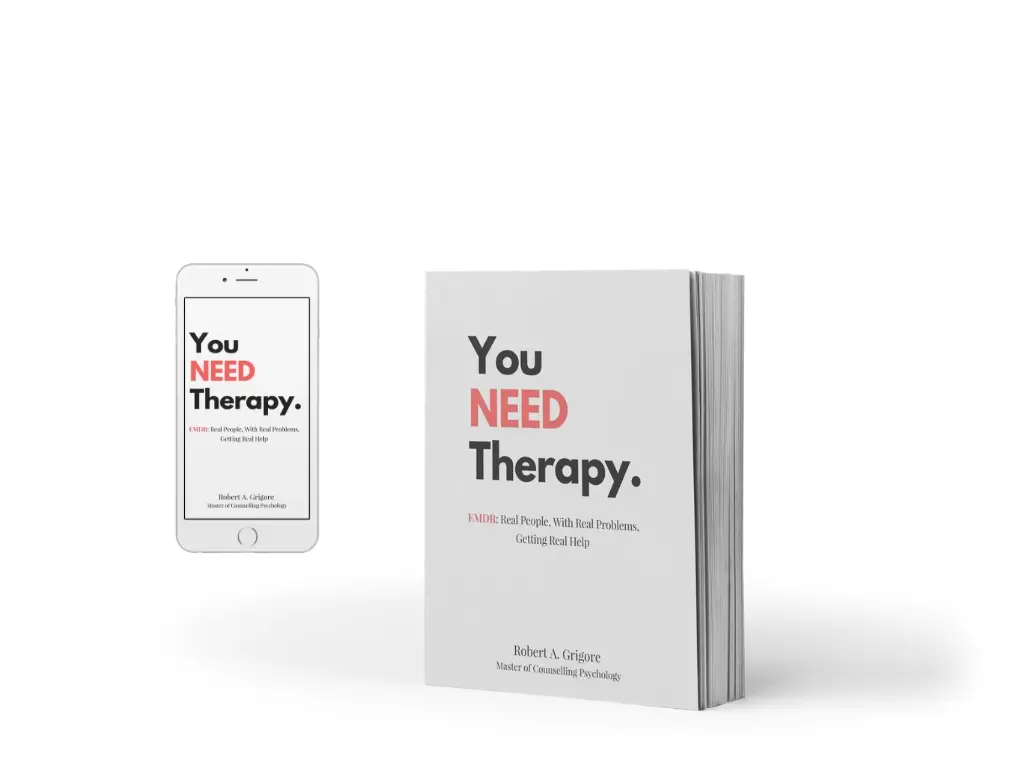We get the question a lot: is it bad to feel constant muscle tension?
If you’re experiencing constant muscle tension, it’s not just a minor discomfort. Actually, it may be a sign your body is carrying unresolved emotional stress. Many people live with tight shoulders, stiff necks, or clenched jaws without realizing that their physical symptoms are linked to mental health.
Stress is not just in your head. It’s in your muscles, digestion, breathing, and sleep. For that, here’s how stress manifests physically and what constant muscle tension might be trying to tell you.
What is muscle tension?
Muscle tension is when your muscles stay semi-contracted for long periods. It often affects the shoulders, neck, back, jaw, and even hands. Some people describe it as a “tight” feeling, others as pressure, soreness, or fatigue.
When you feel stressed, your brain activates the sympathetic nervous system. This “fight or flight” response prepares your body for danger—your muscles tense up to respond quickly. But if the stress never turns off, your muscles stay activated. Over time, this causes physical wear, emotional exhaustion, and chronic pain.
So, is it bad to feel constant muscle tension? Yes—because it points to deeper nervous system dysregulation, unresolved emotional strain, or both. Your body is sounding the alarm. Ignoring it can lead to long-term problems.
How stress shows up in the body
Stress isn’t abstract—it lives in the body. Most people don’t connect symptoms like headaches, jaw pain, or shallow breathing to emotional health. But this is how chronic stress often begins:
- Headaches or migraines: Often tension-related, especially around the neck and scalp.
- Jaw clenching and TMJ: Linked to suppressed frustration or anger.
- Shoulder and neck tightness: A classic sign of “carrying” stress.
- Chest pressure: Can mimic heart issues, but often related to anxiety.
- Stomach issues: Digestive upset is common with stress-related dysregulation.
- Fatigue or insomnia: Chronic tension burns energy and disrupts rest.
Over time, these signs can evolve into more serious conditions—fibromyalgia, chronic pain syndromes, and sleep disorders among them.
Why constant muscle tension shouldn’t be ignored
So why is it bad to feel constant muscle tension? Because if your muscles are always tense, it tells us that your nervous system is stuck in survival mode. You may feel safe intellectually, but your body is preparing for a threat that never comes.
This state of chronic arousal can lead to:
- Nervous system burnout
- Lower immune response
- Anxiety and panic attacks
- Depression
- Difficulty concentrating
- Emotional numbness or irritability
Muscle tension becomes more than physical. It interferes with relationships, mood, energy, and work. That’s why therapy becomes not just helpful but necessary.
Connecting physical symptoms to emotional health
Many people we work with first come in because of physical complaints. They don’t always recognize they are experiencing anxiety, trauma, or high-functioning depression. They just know they’re tired, wired, and sore all the time.
Through therapy modalities like Cognitive Behavioural Therapy (CBT) or EMDR, we begin to trace the roots of the tension—not just treating symptoms, but addressing the cause.
CBT helps identify the thought loops that keep the body tense. EMDR targets trauma that the body still holds onto, even years later.
What can you do if you’re feeling constant muscle tension?
- Start paying attention. Notice when tension builds. Is it during certain conversations, tasks, or thoughts?
- Track your stress patterns. Keep a journal of when you feel most physically tense. This can reveal emotional triggers.
- Breathe and move. Gentle movement, breathwork, and grounding exercises help discharge energy from the body.
- Seek therapy. A trained therapist can help you safely release stored tension and regulate your nervous system.
If you’re looking for a therapist to support you through the physical toll of stress, our counselling team is here to help. We offer a range of evidence-based approaches that don’t just manage symptoms—but help your body feel safe again.
Why the body remembers
The body remembers what the mind tries to forget. Many people with trauma or unresolved grief live with constant muscle tension for years before recognizing its source. If you’ve been asking yourself, “Is it bad to feel constant muscle tension?”—the short answer is yes, but it’s also a powerful message. It’s your body asking for care.
Listening to the body is the first step toward healing. Therapy offers a space where you don’t have to push through the pain. You learn to soften. To listen. To rest. To feel safe again.
FAQ
Why does stress cause muscle tension?
Stress activates the body’s fight-or-flight system. This prepares your muscles for action. If the stress continues, your muscles stay in a semi-contracted state, causing pain and fatigue.
Can therapy reduce muscle tension caused by stress?
Yes. Therapies like CBT and EMDR help regulate your nervous system and resolve emotional triggers, which often leads to a significant reduction in physical symptoms like tension and pain.
How do I know if my muscle tension is caused by stress?
If medical exams don’t show a clear cause, or if the tension worsens during anxiety or emotional distress, it’s likely stress-related. Therapy can help you connect the dots. If you are ready to say goodbye to chronic muscle tension, start here.











